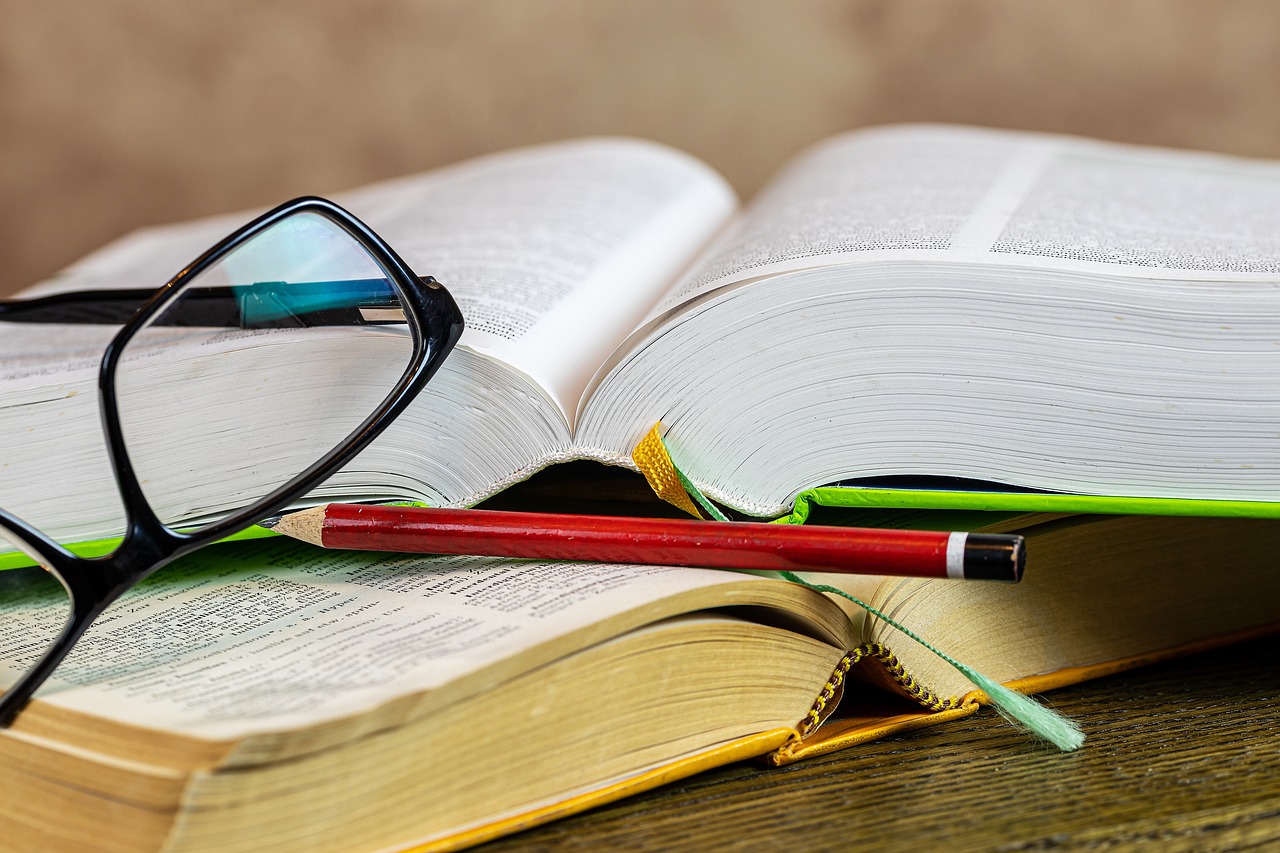Here is a list of books which have been a source of inspiration for this blog. They burst myths, make it easy to understand how our choices impact our carbon footprint and provide good tips of how to properly cut our carbon emissions. These books are written by experts in this field, with their suggestions backed by reliable evidence.
How bad are bananas?
This book written by Professor Mike Bernes-Lee is truly a bible when it comes to understanding how everyday things you do impact your carbon footprint, such as text messages, watching TV, pets, clothes and diet. The book starts with actions that produce very low carbon emissions and gradually show which actions create increasing amounts of emissions. It is good at showing how options we face impact our carbon footprint. This book gives advice on how to approach reducing your carbon footprint by dividing your life into four areas: diet, housing, travel and everything else. It is the most useful book I have come across when addressing how to cut your carbon footprint.
Not the end of the world
This book by Dr Hannah Ritchie provides a refreshing and optimistic approach to explaining the challenge of dealing with climate change in the 21st century. She uses data to put the carbon emissions in historical context and gives us an interesting perspective and burst myths about what we think is eco-friendly. She explains how organic food and plastic straws makes little difference to our fight against climate change and helps us to understand what actions really will reduce our carbon footprint. It is thought-provoking and makes us realistic about the challenges of climate change. It is also linked to the website ‘Our world in data’.
Low carbon travel by Lonely Planet
This book has great ideas of alternative ways to visit European countries using trains rather than using planes. They design exciting journeys across the whole of Europe packed with things to do depending on what you would like to do. It caters for all types of holidays, whether it is long or short, cultural or a party, families or friends travelling together.
The Rubbish Book
The Rubbish Book by James Piper provides a comprehensive list of what can and cannot be recycled and the reasons why. He lists every item you can think of and gives tips on how to recycle properly such as not crushing bottles before you put them in the bin and that black plastic cannot be recycled. This is a useful book given that many people find recycling very confusing.
Food and climate change without the hot air
This book by Professor Brindle is brilliant in helping you understand how to reduce your carbon emissions in your everyday eating habits by making different choices. Our diets make up 25% of our carbon footprint and it is the easiest area to cut our emissions. She breaks down our eating habits into sections: break, lunch, dinner, drinks, snacks, cold drinks, hot drinks, alcohol, desserts. She compares the carbon emissions of different options in these areas and breaks down how certain ingredients can really make a change to our carbon footprint. This book makes it very easy to understand how we can make better choices in our diet that really make a difference.

Leave a Reply